
We have reported many times in these pages on the dangers of “gender-affirming care” for minors. Young people suffering from gender distress are being handed puberty blockers and even undergoing radical surgery without first receiving necessary mental health screenings, sometimes leading to devastating outcomes. New analysis by the Manhattan Institute has found evidence of 5,288 to 6,294 “gender-affirming” double mastectomies for girls under 18 between 2017 to 2023, including 50 to 179 girls who were 12.5 or younger when they had their breasts removed.
This is happening even as European countries are turning away from this laissez-faire approach to medicine. Gender-affirming care is no longer the standard in Finland, France, Norway, Sweden, and the UK. But finally, one esteemed American medical association is breaking from the orthodoxy on this issue.
The American Society of Plastic Surgeons (ASPS) is now stating that there is “considerable uncertainty as to the long-term efficacy for the use of chest and genital surgical interventions” in minors and “the existing evidence base is viewed as low quality/low certainty,” according a piece this week by the Manhattan Institute’s Leor Sapir. “The U.S. consensus now appears to have its first big fracture,” Sapir writes.
That the association “representing the vast majority of plastic surgeons who actually do these surgical procedures is saying, ‘Wait a second, the evidence is, in fact, low quality,’ ” is a significant development, Sapir tells The Free Press.
But challenging the medical consensus on “gender-affirming care” remains an uphill battle in this country, as activists and members of the media continue to argue in its favor—no matter what’s happening elsewhere.
On Tuesday, The New York Times’ Lydia Polgreen claimed that opposition to medicalized transition for minors is “against the consensus of the mainstream medical science.” Sapir said her reasoning is circular.
“It’s like Polgreen is saying, ‘Because gender transition is evidence-based, any doctor or researcher who says otherwise is, by definition, not an expert,’ ” Sapir explained. “It’s a ludicrous approach.”
Sapir says the “rank and file” of the U.S. medical profession can no longer afford to ignore the concerns of their European colleagues. “I’ve been hearing quite a lot of chatter among surgeons like, you know, we’re so thankful that ASPS is saying this,” he said. All it takes is a few more brave doctors to break the silence.
Madeleine Kearns is an associate editor at The Free Press. Follow her on X @madeleinekearns. Read her piece ‘It’s Not Fair! It’s Not Fair!’
And to support more of our work, become a Free Press subscriber today:


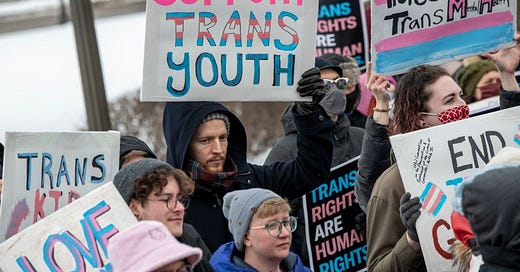



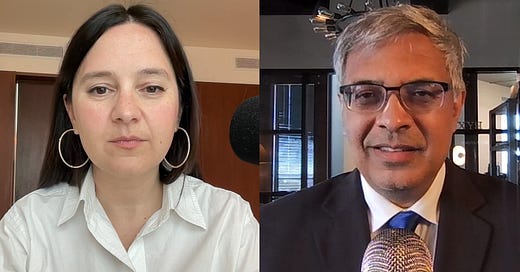



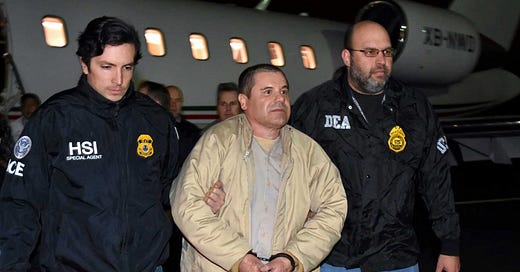

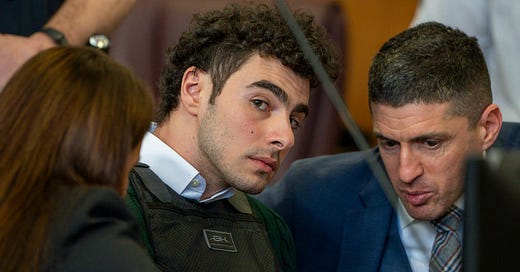

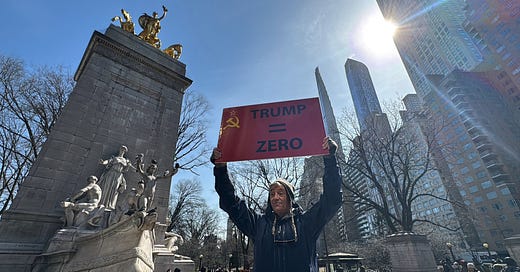
Let’s promote “chromosome confirming care” to stop adults harming kids with cognitive dissonance—“You’re an XY male human, but if you say you’re a female bear, that’s fine as long as you’re happy. What? You’re unhappy?” We adults can be cowardly, well educated fools.
Many of these children will be rendered infertile.
They will never be able to have children of there own.
That is the biggest tragedy.
And, how little it is considered.